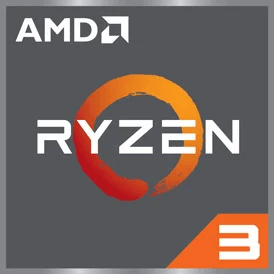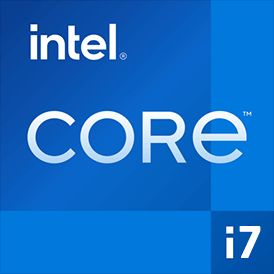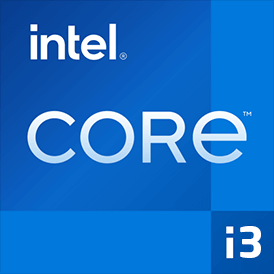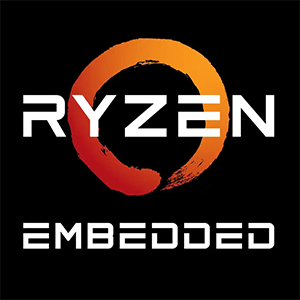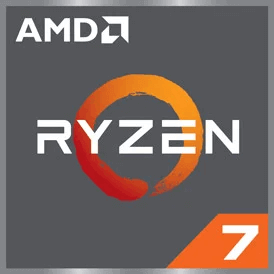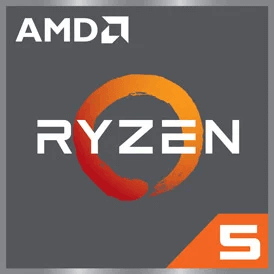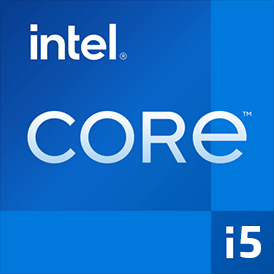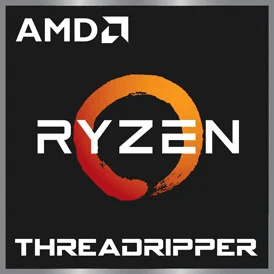AMD Ryzen 5 4600G vs Intel Core i7 9700KF
We compared two desktop CPUs: AMD Ryzen 5 4600G with 6 cores 3.7GHz and Intel Core i7 9700KF with 8 cores 3.6GHz . You will find out which processor performs better in benchmark tests, key specifications, power consumption and more.
Main Differences
AMD Ryzen 5 4600G Advantages
Released 1 years and 6 months late
Integrated graphics card
Higher specification of memory (3200 vs 2666)
Larger memory bandwidth (43.71GB/s vs 41.6GB/s)
Higher base frequency (3.7GHz vs 3.6GHz)
More modern manufacturing process (7nm vs 14nm)
Lower TDP (65W vs 95W)
Intel Core i7 9700KF Advantages
Larger L3 cache size (12MB vs 8MB)
Score
Benchmark
Cinebench R23 Single Core
AMD Ryzen 5 4600G
1217
Intel Core i7 9700KF
+1%
1234
Cinebench R23 Multi Core
AMD Ryzen 5 4600G
+2%
9332
Intel Core i7 9700KF
9090
Geekbench 6 Single Core
AMD Ryzen 5 4600G
1591
Intel Core i7 9700KF
+7%
1704
Geekbench 6 Multi Core
AMD Ryzen 5 4600G
5889
Intel Core i7 9700KF
+31%
7751
Blender
AMD Ryzen 5 4600G
+35%
135
Intel Core i7 9700KF
100
Geekbench 5 Single Core
AMD Ryzen 5 4600G
1178
Intel Core i7 9700KF
+7%
1272
Geekbench 5 Multi Core
AMD Ryzen 5 4600G
5826
Intel Core i7 9700KF
+28%
7462
Passmark CPU Single Core
AMD Ryzen 5 4600G
2639
Intel Core i7 9700KF
+9%
2877
Passmark CPU Multi Core
AMD Ryzen 5 4600G
+8%
15640
Intel Core i7 9700KF
14360
General Parameters
Jul 2020
Release Date
Jan 2019
AMD
Manufacturer
Intel
Desktop
Type
Desktop
x86-64
Instruction Set
x86-64
Zen 2
Core Architecture
Coffee Lake
-
Processor Number
i7-9700KF
AM4
Socket
LGA-1151
Radeon Vega 7
Integrated Graphics
N/A
Package
4.9 billions
Transistor Count
-
7 nm
Manufacturing Process
14 nm
45-65 W
Power Consumption
95 W
95 °C
Peak Operating Temperature
100 °C
CPU Performance
6
Performance Cores
8
12
Performance Core Threads
8
3.7 GHz
Performance Core Base Frequency
3.6 GHz
4.2 GHz
Performance Core Turbo Frequency
4.9 GHz
6
Total Core Count
8
12
Total Thread Count
8
100 MHz
Bus Frequency
100 MHz
37x
Multiplier
36x
96 K per core
L1 Cache
64 K per core
512 K per core
L2 Cache
256 K per core
8 MB shared
L3 Cache
12 MB shared
Yes
Unlocked Multiplier
Yes
Memory Parameters
DDR4-3200
Memory Types
DDR4-2666
64 GB
Max Memory Size
128 GB
2
Max Memory Channels
2
43.71 GB/s
Max Memory Bandwidth
41.6 GB/s
Yes
ECC Memory Support
No
Graphics Card Parameters
true
Integrated Graphics
-
300 MHz
GPU Base Frequency
-
1900 MHz
GPU Max Dynamic Frequency
-
448
Shader Units
-
28
Texture Units
-
7
Raster Operation Units
-
10-45 W
Power Consumption
-
1.108 TFLOPS
Graphics Performance
-
Miscellaneous
3.0
PCIe Version
3.0
12
PCIe Lanes
16
-
Extended Instruction Set
SSE4.1, SSE4.2, AVX-2
